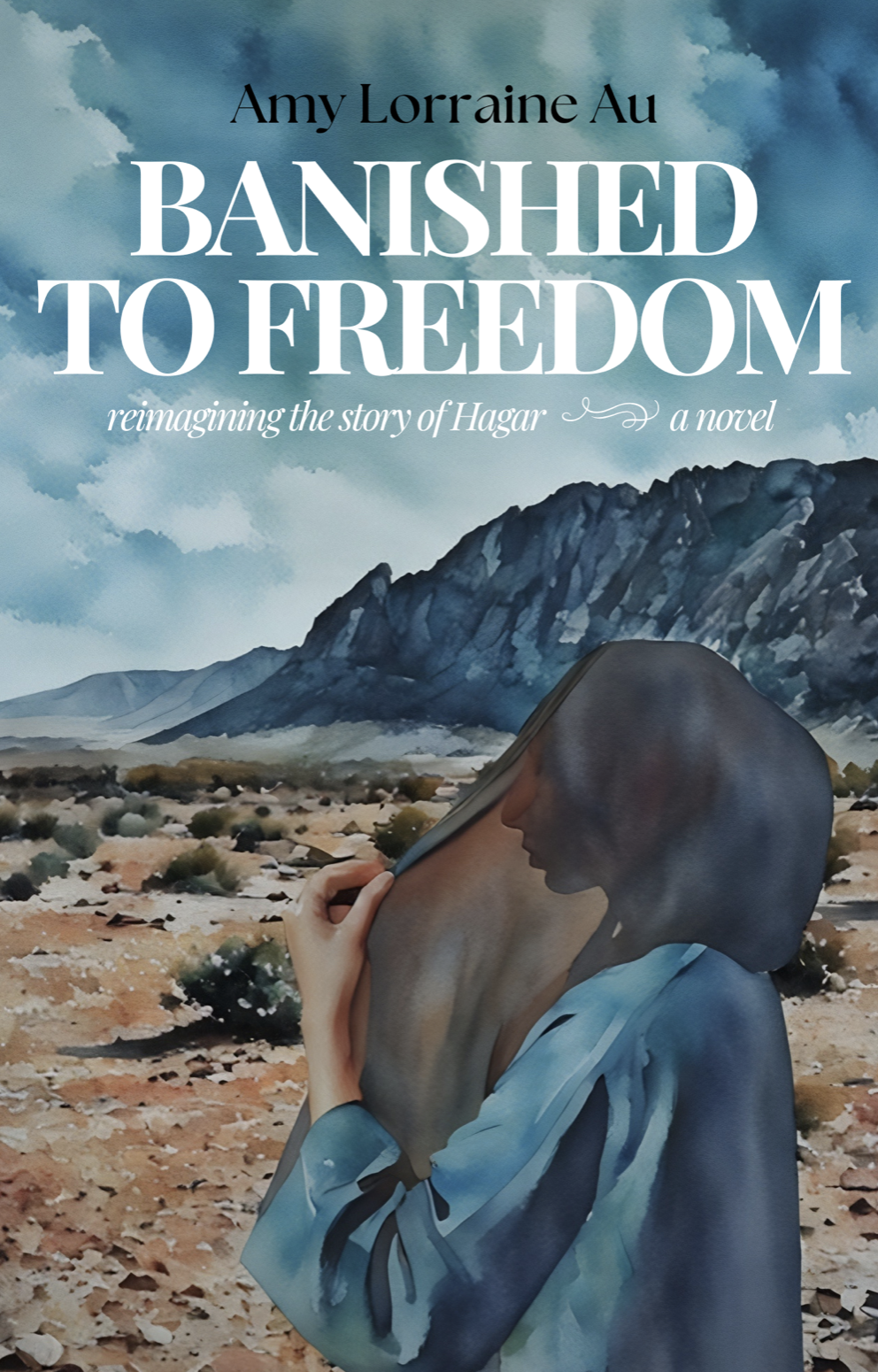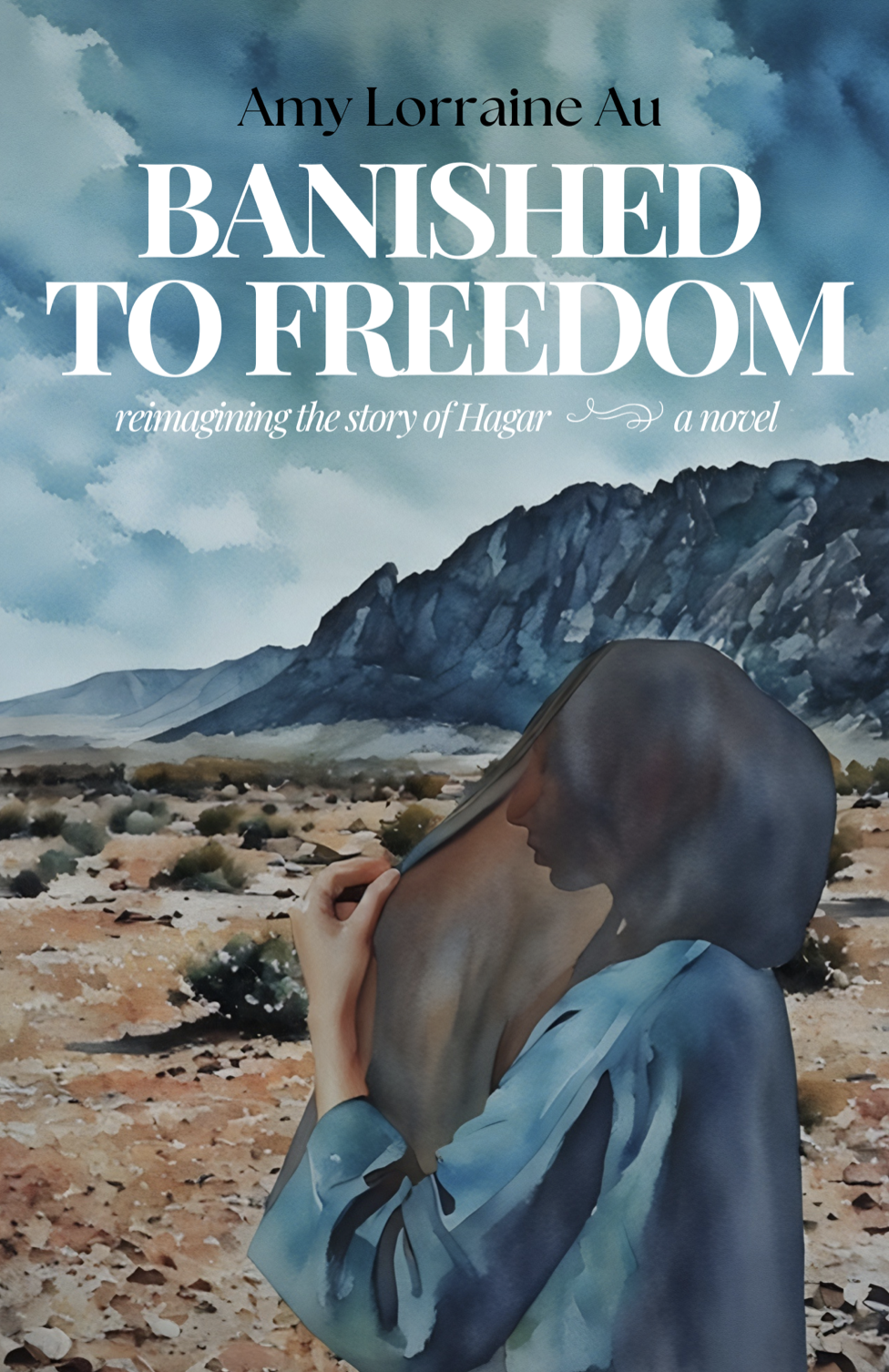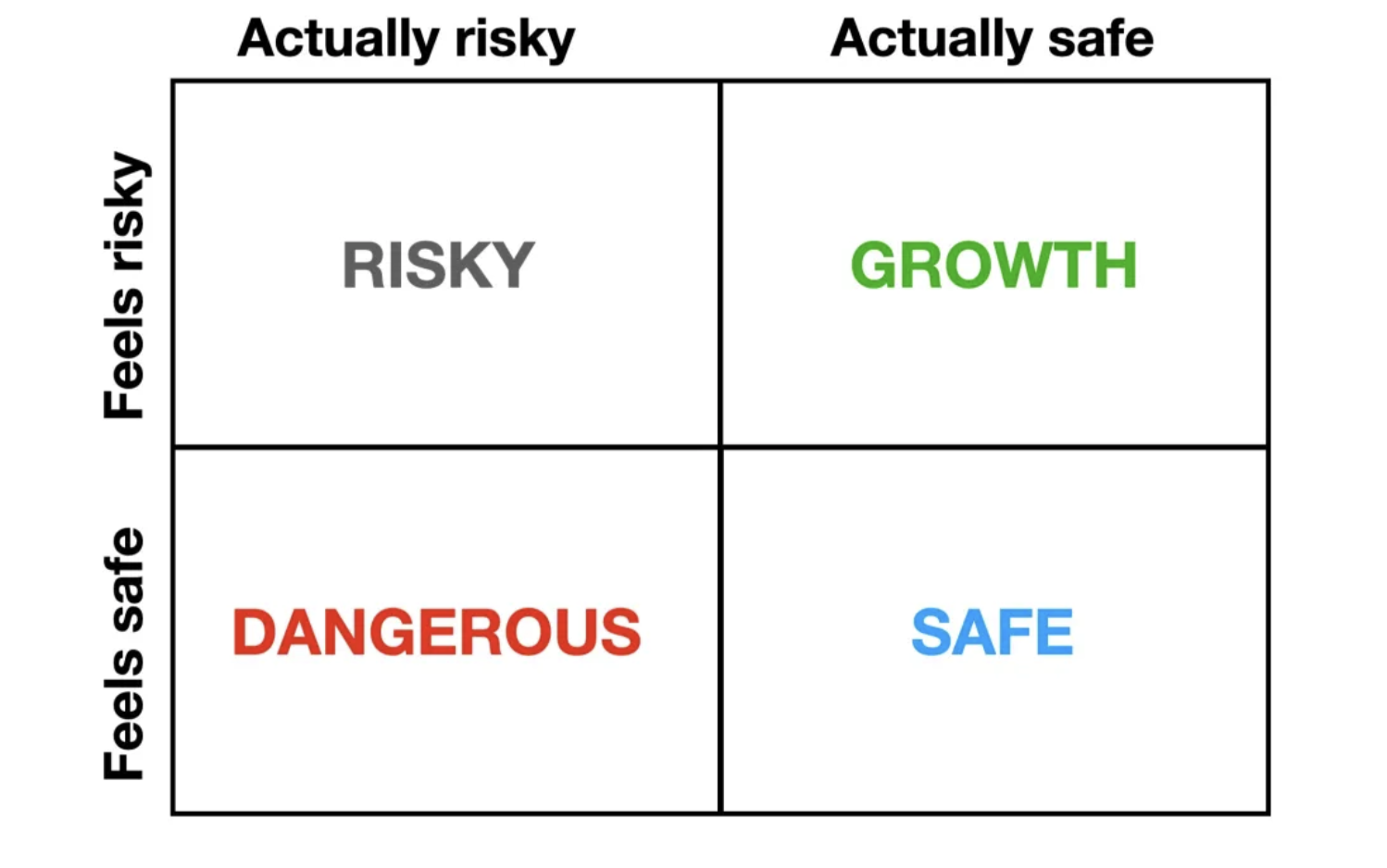Growing up, my mom described me, even as early as three years old, as being prodigiously well-behaved.
“I could correct you across the room with only a glance,” she’d say with a smile.
That always felt like praise until my oldest turned three, and I discovered the incessant use of the word no during the “terrible twos” was no match for the task of emotionally regulating a three year-old who had her own opinion about every. little. thing.
This past month, Christine Lawson’s book, Understanding the Borderline Mother: Helping Her Children Transcend the Intense, Unpredictable and Volatile Relationship, has called me to reframe my impeccable self-control as fear of my mom’s erratic mood swings.
Anger was a luxury.
Whether it’s Emmanuel Sanders celebrating a touchdown catch or a Nuggets guard staring down an opponent after dunking over him, league rules around “taunting” confine athletes to a razor thin bandwidth of emotional and cultural expression while simultaneously paying them to perform at levels of superhuman intensity.
Anger is a luxury.
In The Week’s article “It’s 2020 and Women are Exhausted”, Zoe Fenson writes:
Warren and her fellow female candidates are being distilled to the most basic and dehumanizing of stereotypes. Because in our American patriarchy, when accomplished, outspoken women pursue positions of power, they are routinely painted as unreliable and unlikable — snakes in human form.
Anger is a luxury.
And yet anger is often the only fuel explosive enough to initially thrust the vehicle of justice out of the gravitational pull of Cape Canaveral’s oppressively humid atmosphere.
Last week, Illinois Representative Bobby Rush, introduced the Emmett Till Antilynching Act. Though named after a 14 year-old boy murdered in 1955 for supposedly looking at a white woman in a sexual manner in a grocery store, legislation criminalizing lynching was first introduced in 1900. After 120 years, passage could finally add lyching to the United States Criminal Code making it a federal crime.
At her son’s funeral, Mrs. Till Mobley propelled the Civil Rights Movement to a new stratosphere when she, against sheriff’s orders, opened her son’s casket, publicly revealing his mangled body.
She permitted several photographers to take pictures of her son’s disfigured corpse and urged the publication of the gruesome images. “[People] would not be able to visualize what had happened, unless they were allowed to see the results of what had happened,” she later said. “They had to see what I had seen. The whole nation had to bear witness to this.”
Anger was necessary.
What rules did your family have around expressing anger? What do you remember being furious about as a child? How did it show? What injustice was it seeking to counter? What story, if told, would free you to see your anger as an ally in birthing change in your life and story?
UPCOMING OPPORTUNITIES
Denver Story Group: Monday, March 16th 6-9pm in Littleton
(2 spots left)
Between Touches Zoom Call: Tuesday March 24th, 6-7:30pm MST
(1 FREE guest spot left)











